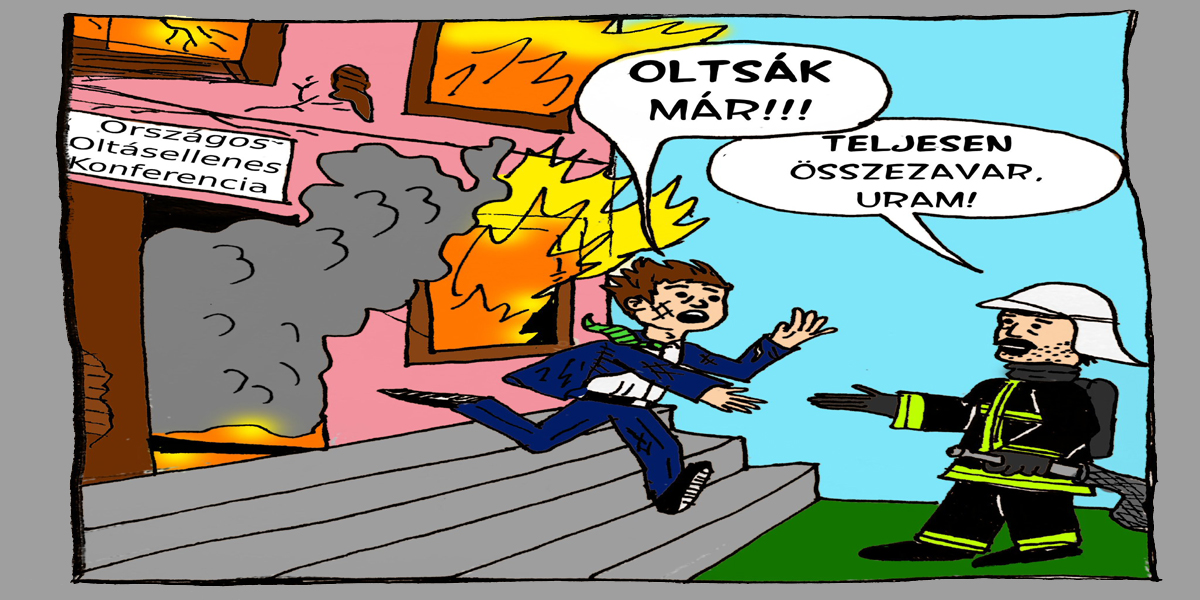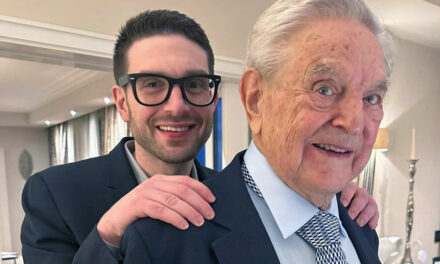The Orbán government is now in trouble precisely because it has given the matter of mandatory vaccination to employers, in short, it has delegated the right to decide.
According to opposition accusations, he did this only to avoid having to make an unpopular decision. And boom, hit! The Hungarian government does not want to make an unpopular decision! By the way, do we know anyone who wants to? Are Western governments treading on each other's heels in the "who makes the most unpopular decisions" competition?
We live in a liberal democracy, good morning! It is ironic that it is the liberals who are complaining about this right now. Or was it really just the reaction of "is he wearing a hat or not"? Where did the "get out of my womb now" attitude went? Why is the government expected to oblige adults, responsible people in principle, to take the free vaccine (actually financed by taxpayers' money), i.e. the preventive medicine, to violate the sacred integrity of their bodies, if even the slogan of a family-friendly campaign "strength in brother" offends the self-conscious, our emancipated compatriots?
I note that there has already been a similar situation requiring a differentiated response, when the government delegated the operational regulation of AirBnb apartments to the local governments, according to the principle of subsidiarity. And that was just as logical a decision as the current one. Because obviously the same rules cannot apply to the owners of the 7th district, where the demand for short-term rental apartments is overrepresented, as to the residents of a village in eastern Hungary, where they may have heard of AirBnb, but it is not certain. Just like that, the same rules cannot apply to a company working in Home Office, a bakery, a hospital or a school.
The biggest problem is that we scratch the surface and look at a natural science issue as a legal issue, even though the root of the problem goes much deeper than that. The Social Contract Rousseau explained that for him freedom means equality with all members of society, equal participation in the supreme power expressing the general will, but
"does not mean - cannot mean - the freedom to assert individual interests contrary to the interests of the community, the freedom of views that do not conform to the common good, the acceptance of ways of life that turn away from the community".
When confronted by the private opinion of the "community self" created by the social contract, the interest of the community is no longer allowed, because true freedom is ensured for the "community self" fulfilling its duty by association with the community, therefore it can be forced to follow the moral principles of identification with the community interest command. Are they catching it yet?
Fortunately, I don't run in the elections myself, so I can have a harsh, less good opinion about those who reject vaccination not for health reasons, but because of their own decision, like the government. And there is. For example, I don't understand that if someone doesn't ask for the preventive medicine, i.e. the vaccine, because they are afraid of it, then why would they ask for the medicine that treats the disease if they catch the virus? Are you not afraid of that anymore? Do you know its ingredients? And what about the Chinese ventilator? Or hit a stone, the communist air is also good if you are suffocating? Where does self-awareness appear at this time?
Bálint Botond "Freedom fetishism" during the epidemic when he writes:
"A country is basically a community of risk. Cooperation is based on the trust that everyone else will also do things that are important and essential according to common agreement. All this resulted in a world in which there is electricity and water and gas in the pipes, there are roads, there is an ambulance that comes out when someone has an accident or is sick, there are hospitals where people are cured, the fire department comes out when something is on fire, and bad people restrain themselves because there are police and prisons. As the resources and technical capabilities of our society and risk community grow, the more problems we solve, the easier, less dangerous, pain-free and disease-free our everyday life becomes.
The ideological project of the endless expansion of human rights, the fetishism of freedom, began to parasitize on this ability of ours. However, our passengers, those who want to avoid vaccination, say that this is a restriction of their personal freedom, a violation of the principle of equality, their stigmatization, their exclusion, which is not done on the basis of epidemiological reasons, but in order to force them to be vaccinated. Our society is full of people who live only in their personal world and self-realization, are unable to interpret anything differently, and only want to live according to their own fads. Of course, by using all the services provided by our risk community, and even demanding them for yourself. Because it belongs to him.”
And sure enough, the dog is buried here. Because otherwise, it's completely legitimate if someone doesn't ask for the vaccine, since they have the right to get infected - rights again! – but it is not legitimate that in the event of illness, it burdens the COMMON healthcare system, potentially putting someone in danger who, unlike him, had no choice. For example, a child with cancer. Because, unfortunately, a child with cancer cannot decide whether to take one of the six types of vaccinations that prevent cancer, in the form of one, well, two shots.
Are we serious? Do people demand a share of the common without even fulfilling their basic duty towards the community?
Believe me, the Hungarian government is not only patient, but also good-natured. In my imaginary country, for example, the need to maintain a balance between rights and duties would be much more pronounced, and everyone would have to bear the consequences of their decisions. Because it always is. Even if some people turn their heads the wrong way and expect that the victims of their own decisions are not themselves, but their fellow human beings who abide by the social contract.













